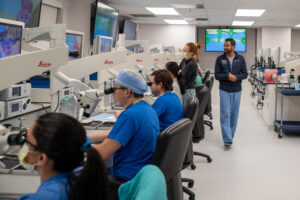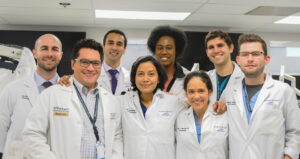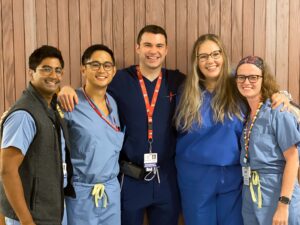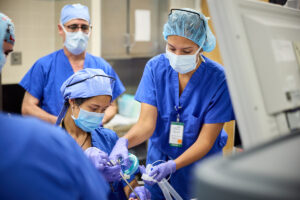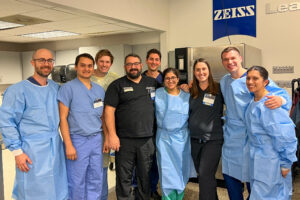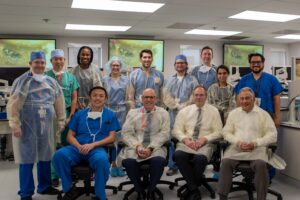Otolaryngology Match 2023 results were announced March 17, and five outstanding medical graduates will join the Department of Otolaryngology as our newest residents. Please join us in welcoming and celebrating the achievements of these new members of the WashU ENT family. CLINICAL TRACK Sam Cler, MDWashington University School of Medicine “My wife and I are […]
Welcome new residents!

